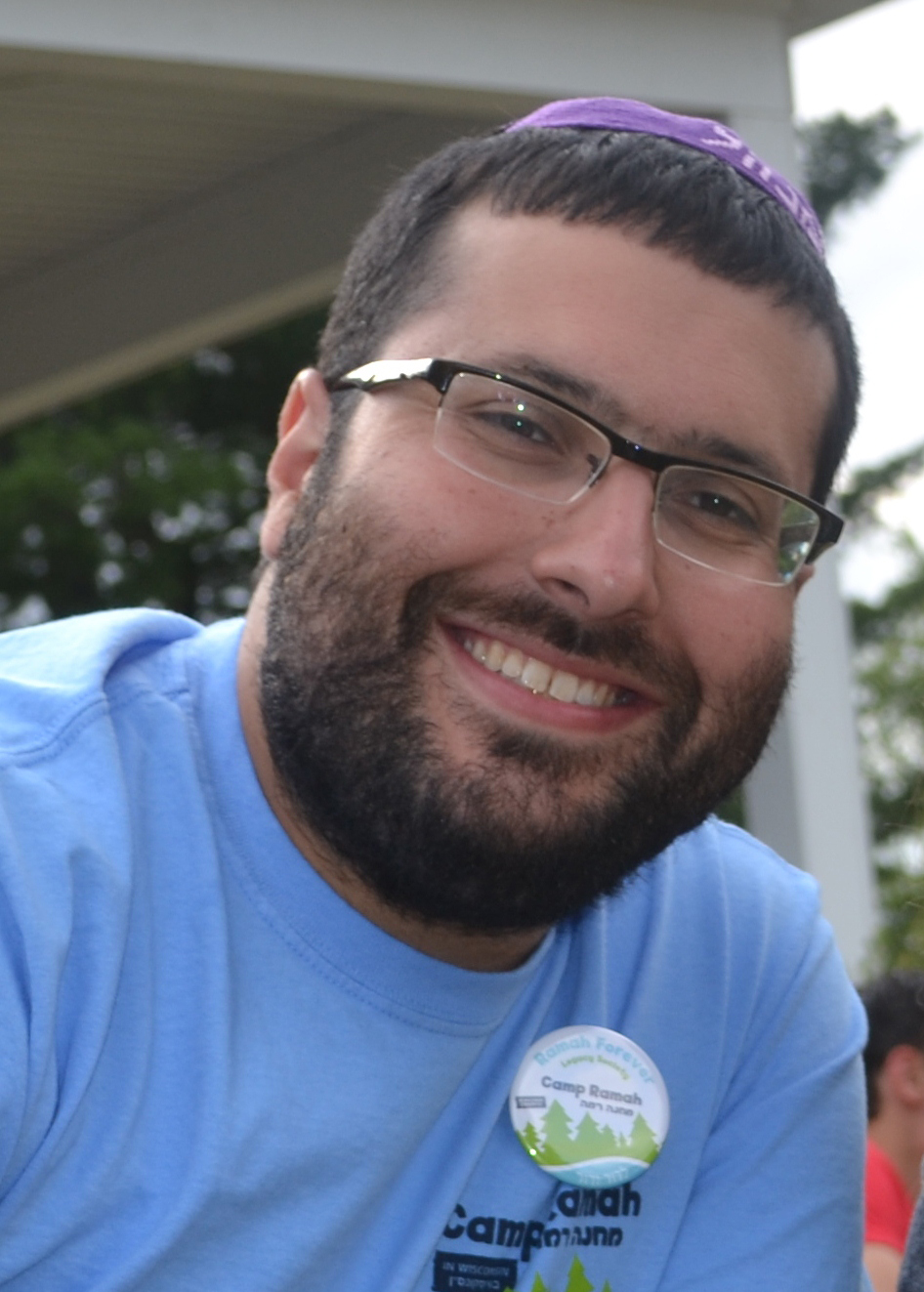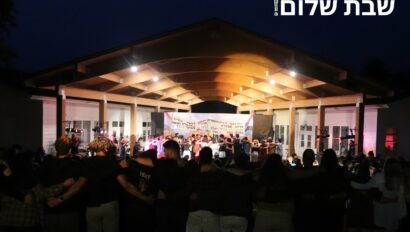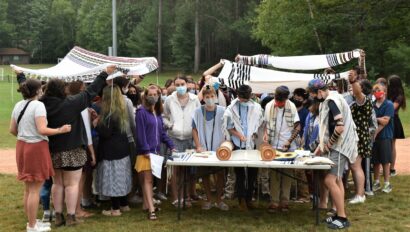To Walk Upright: Reflections on Behar-Bechukotai
by Jacob Cytryn, Director
A well-known section of this week’s double parashah, Behar-Bechukotai, is the shorter תוכחה / tochechah / rebuke, a list of punishments God will mete out against the Israelites should they fail to uphold their end of the covenantal bargain – namely, abiding by the commandments. In the last verse before the tochechah begins (26:13), we read:
.אני ה’ אלקיכם אשר הוצאתי אתכם מארץ מצרים מהיות להם עבדים, ואשבור מוטות עולכם ואולך אתכם קוממיות
Ani adonai eloheichem asher hotzeiti etchem me’eretz mitzrayim mih’yot lahem avadim’ va’eshbor motot ul’chem va’oleich etchem komamiyut.
I am Adonai your God, who brought you out of Egypt so that you are no longer slaves to them; I broke the bars of your yoke and enabled you to walk upright.
I call our attention to the bolded phrase because it includes a word that we utilize at camp all the time – 9 times a week – but that only appears in the entire Hebrew Bible once, right here. Such words, appearing once in a given body of literature, are called, using a fancy Greek phrase meaning “having been read only once,” hapax legomena.
The authors of our liturgy were clearly taken by the vivid imagery here at the end of Vayikra / Leviticus, with some of God’s most flowery language of promise and goodness to the Israelites. Specifically, I imagine this vision of God enabling us to walk with our heads held high resonated with a diaspora community that was often the subject of persecution.
Before the recitation of the morning Sh’ma, in a phrase we often hear at camp and elsewhere appropriately sung to the tune of HaTikvah, we read ותוליכנו קוממיות לארצינו / v’tolicheinu kom’miyut l’artzeinu / and God will enable us to walk upright to our land. And, in the full Birkat Hamazon (blessing after eating) which we recite at camp at least twice over each Shabbat, we read a more complete echo of the verse, with an allusion first to God who “breaks the yokes on our necks” and then יוליכינו קוממיות לארצינו / yolicheinu kom’miyut l’artzeinu / will enable us to walk upright to our land.
They are the same image: one tied to God’s sustenance of us, a sustenance which the Torah and Birkat Hamazon directly connect to the bounty of the Land of Israel; and the other to God’s love for us in the final acknowledgment of God before reciting the Sh’ma. In the Torah, however, the image is not tied directly to the Land of Israel but rather to God accompanying us on our journey with our heads held high.
I have not done the research to know if the word kom’miyut, or something like it, became much more popular in the post-Biblical period preceding and during which these core prayers were written. What is striking to me each year when I hear this verse read is how familiar the language feels when the Biblical author does not mention it anywhere else.
In preparation for reciting the Sh’ma, when I chant this first I sit up straight, tangibly acknowledging God’s loving wish for us to be proud of who we are as God’s people.
At camp we work to cultivate the connection to Israel that the liturgy emphasizes. Even more, I think, we actually capture the beauty of the Biblical metaphor itself: having God in our lives allows us to live without yokes on our necks, without Egyptian task masters behind us. Instead, God walks alongside us as we hold our heads up. So too at camp we know that the extra bounce our campers have in their step, the renewed confidence and sense of themselves that transforms them during the summer and stays with them throughout the year, is a result of the work we do to engender pride in themselves, a sense of being the subject of and participant in a caring community, and doing so in a way that weds character education with the richness of Jewish culture and tradition.
Shabbat Shalom.






